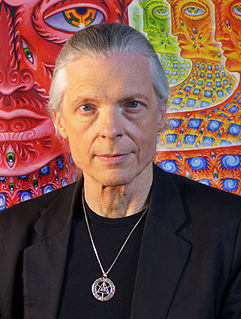A Quote by William Robertson Smith
But, strictly speaking, this mythology was no essential part of ancient religion, for it had no sacred sanction and no binding force on the worshippers.
Related Quotes
Art is not a substitute religion: it is a religion (in the true sense of the word: 'binding back', 'binding' to the unknowable, transcending reason, transcendent being). But the church is no longer adequate as a means of affording experience of the transcendental, and of making religion real - and so art has been transformed from a means into the sole provider of religion: which means religion itself.
There is in each of us an ancient force that takes and an ancient force that gives. A man finds little difficulty facing that place within himself where the taking force dwells, but it's almost impossible for him to see into the giving force without changing into something other than man. For a woman, the situation is reversed. ... These things are so ancient within us that they're ground into each separate cell of our bodies... It's as easy to be overwhelmed by giving as by taking.
For black people in the western hemisphere, if you can't generate a mythology that creates models of heroism and power out of the mythology that you had, then that means that somehow the mythology you had was not only feeble and weak, but that you are ultimately a powerless people. That's a notion that, I think, that can't be accepted.
The human psyche has two great sicknesses: the urge to carry vendetta across generations, and the tendency to fasten group labels on people rather than see them as individuals. Abrahamic religion gives strong sanction to both-and mixes explosively with both. Only the willfully blind could fail to implicate the divisive force of religion in most, if not all, of the violent enmities in the world today.
































